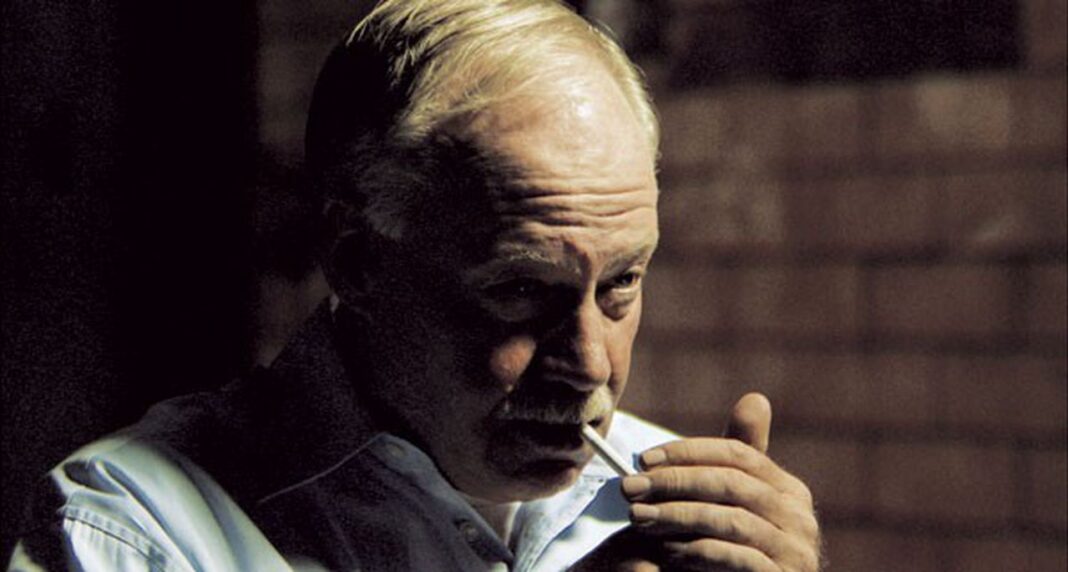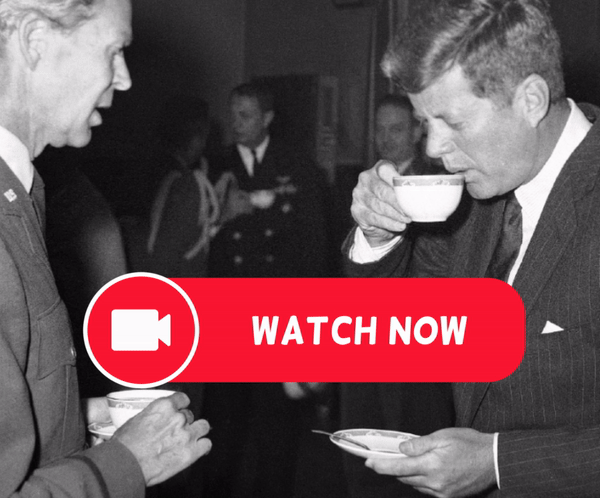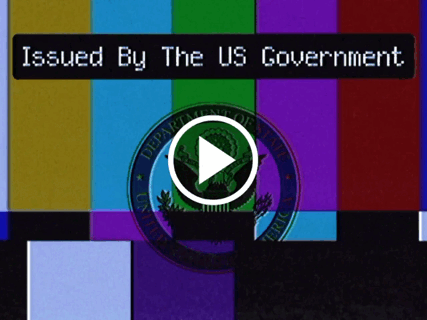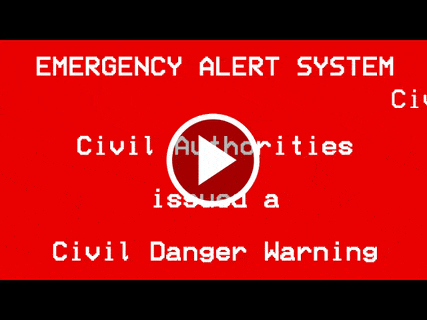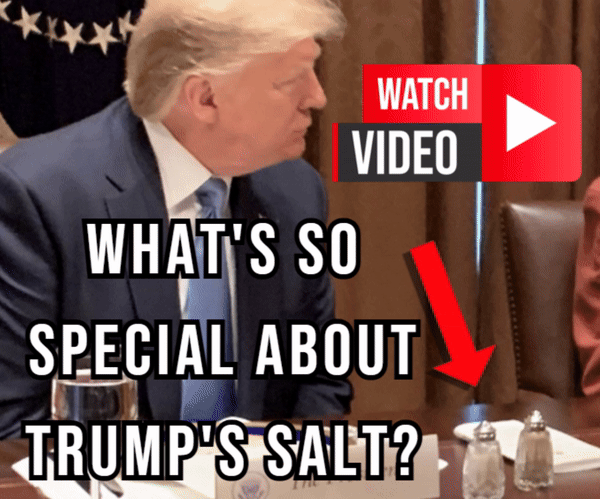From the darkest corners of American history, shrouded in a cloak of conspiracy and subterfuge, there emerges the tale of a man who dared to take on the behemoth of the Central Intelligence Agency (CIA).
His name? Michael C. Ruppert, a former Los Angeles Police Department (LAPD) narcotics detective turned whistleblower, a figure so controversial and dangerous to the establishment that he has become the man the CIA wants you to forget.
In the underbelly of the late ’70s, Ruppert turned his back on the CIA’s attempts to enlist him in its alleged drug running practices. He became a thunderous voice of defiance, bellowing accusations of government criminality at the heart of the American system. Despite threats, attempts to discredit him, and even being shot at, Ruppert wouldn’t be silenced.

He famously declared, “I will tell you, Director Deutch, that as a former Los Angeles police narcotics detective, the agency has dealt drugs throughout this country for a long time.” This statement shook the foundations of the CIA and the LAPD, accusing them of a hypocrisy that undermined the fabric of society.
In an electrifying town hall meeting, Ruppert stood defiant against the CIA chief, flanked by a room packed with cheering South-Central residents. His audacious accusations claimed that the CIA and LAPD were importing drugs into communities, and then imprisoning small-time drug dealers and users.
The imported drugs, he argued, were tearing communities apart, fostering addiction, escalating crime, and fuelling gang activity. Families were being ripped apart as a result of a drug crisis that was being quietly sanctioned by those supposed to protect them.
The scale of Ruppert’s resistance to the establishment extended to tackling other contentious issues, from the peak oil crisis to the military industrial complex. He even controversially suggested that the Bush administration allowed 9/11 to happen as a direct consequence of Peak Oil.
His explosive book, “Confronting Collapse: The Crisis of Energy and Money in a Post Peak Oil World,” hurled Ruppert further into the limelight, inspiring the provocative documentary “Collapse.” Despite the skepticism surrounding his claims, one fact was irrefutable – Ruppert wasn’t afraid of facing off against the Goliaths of the world, irrespective of the repercussions.
However, redemption, or perhaps vindication, would arrive in 1996 in the form of Pulitzer Prize-winning journalist Gary Webb. Webb’s investigative series about the ties between the Nicaraguan Contra Rebel organizations and the CIA ignited public outrage, particularly in impoverished communities grappling with the crack-cocaine epidemic.
The public uproar gave Ruppert a wider platform to disseminate his message, and Webb’s conclusions even provoked a federal investigation. Still, both Webb and Ruppert faced a severe backlash from the mainstream media, casting them aside as wild conspiracy theorists. In the words of Ruppert, “All corporate-owned and publicly-traded media is our first and foremost immediate enemy.”

The conclusion of their stories is marred by tragedy and suspicion. Webb was found dead in his home in 2004 with two gunshot wounds to his head, his death controversially ruled a suicide. An eerily similar fate awaited Ruppert, who was found dead in his home in 2014 with one gunshot wound to the head, his death also declared a suicide.
The shadow of conspiracy has unsurprisingly loomed large over their deaths, with speculation rife about whether they were silenced for “knowing too much,” or whether they simply couldn’t bear the burden of their crusade against the establishment.
Ruppert’s life and death beg the question: are we blindly trusting organizations meant to protect us, allowing them to operate above the law?
His suicide note revealed his underlying hope for a better world, reading, “I do this for the children, may it bring love and light into the world.”
If this hope is to be realized, it will require transparency, accountability, and the courage to question those who hold power.
In this regard, Ruppert’s legacy is a stark reminder of the necessity to keep asking, “Who’s watching the watchers?“

